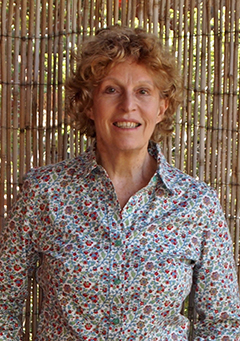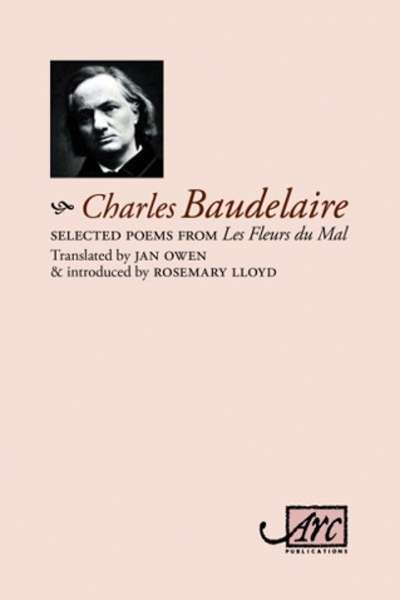Jan Owen
in my end is my beginning – just
a rat’s nest coiled in back-shed dust,
a tangle of demented knots
gothic as the Grimms’ dark plots,
a thrumming song of wreak and wreck
(whose satin bed, whose trusting neck?),
the tautened threat from fist to fist,
the carpe diem tug and twist.
My image haunts your DNA,
that tiny ruthless shadow ...

Insects are nature’s netsukes, and, by jiminy, crickets are such bright creatures. JJO
...This ‘structural scandal’, tongue’s yen for kin
as family is a sort of chime, the thrift
of loaves and fishes unconsumed by scorn,
is natural as natural history
with all its modulations of again –
seed, crystal, comet, crocus, rain.
Even our code’s in rhyme – adenine,
cytosine, guanine and thymine – turn
and turn again (cynghanedd rule ...
after the painting by Jan Vermeer
Two strands of pearls, warm cream, cool blue,
are spilling over a coffer and onto
a crumple of ultramarine against a wall
below a yellow curtain shifting the muted light.
Four gold coins and a silver ducat
wait to be weighed along the table edge,
but the sidelong mirror’s narrow sliver can find
no avarice in ...
Heaved up or fountained down, the wooden slats breathe a shirr
and clattered repeat of the mill of their making, a satisfactory thud
like the outcome of a stock plot. Half hoist, they hang askew with a
pained smile, and bell pulls for self-service which pirouette
to a glut of knots. Tilt by tilt they’ll orchestrate your day, underlining gloom
and overruling ligh ...
 Jan Owen lives at Aldinga Beach, fifty kilometres south of Adelaide. Her translations from Baudelaire's Les Fleurs du Mal were published in 2015 by Arc Publications. A New and Selected, The ...
Jan Owen lives at Aldinga Beach, fifty kilometres south of Adelaide. Her translations from Baudelaire's Les Fleurs du Mal were published in 2015 by Arc Publications. A New and Selected, The ...



